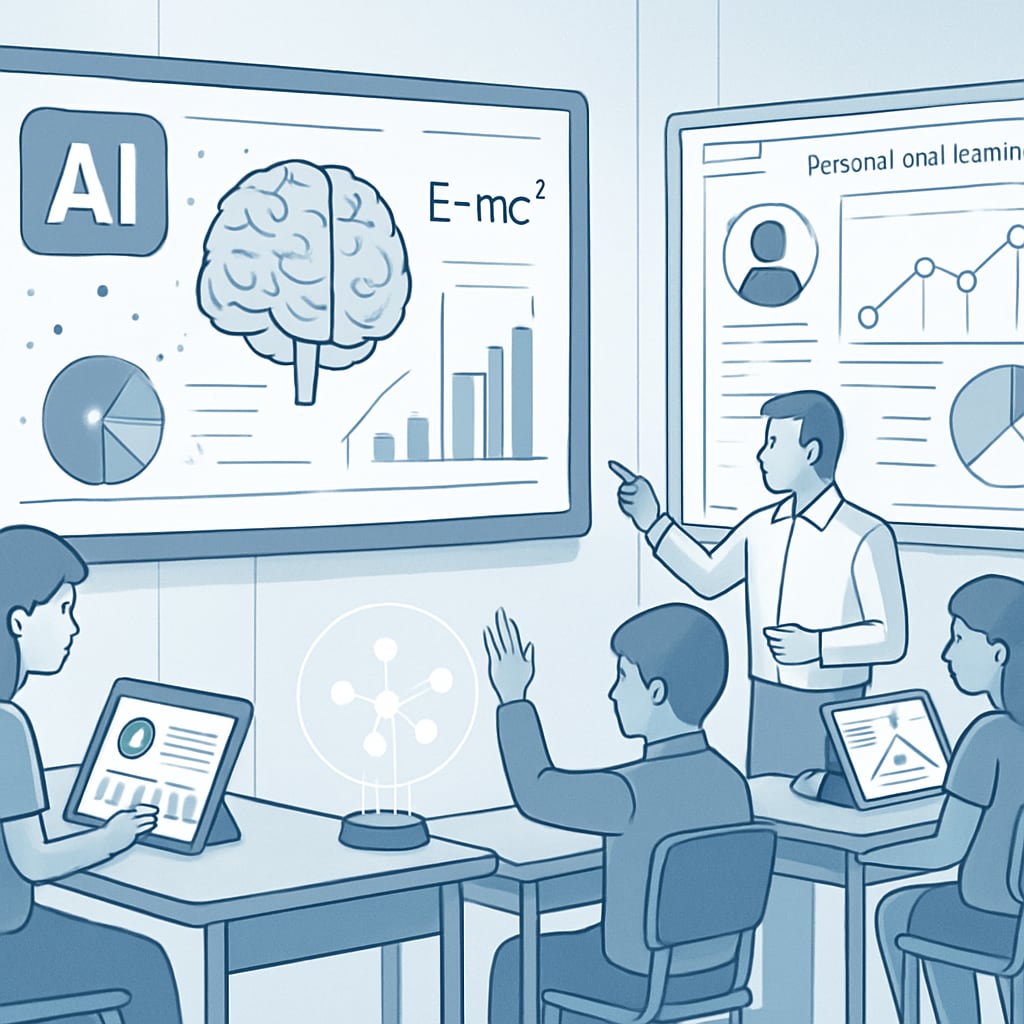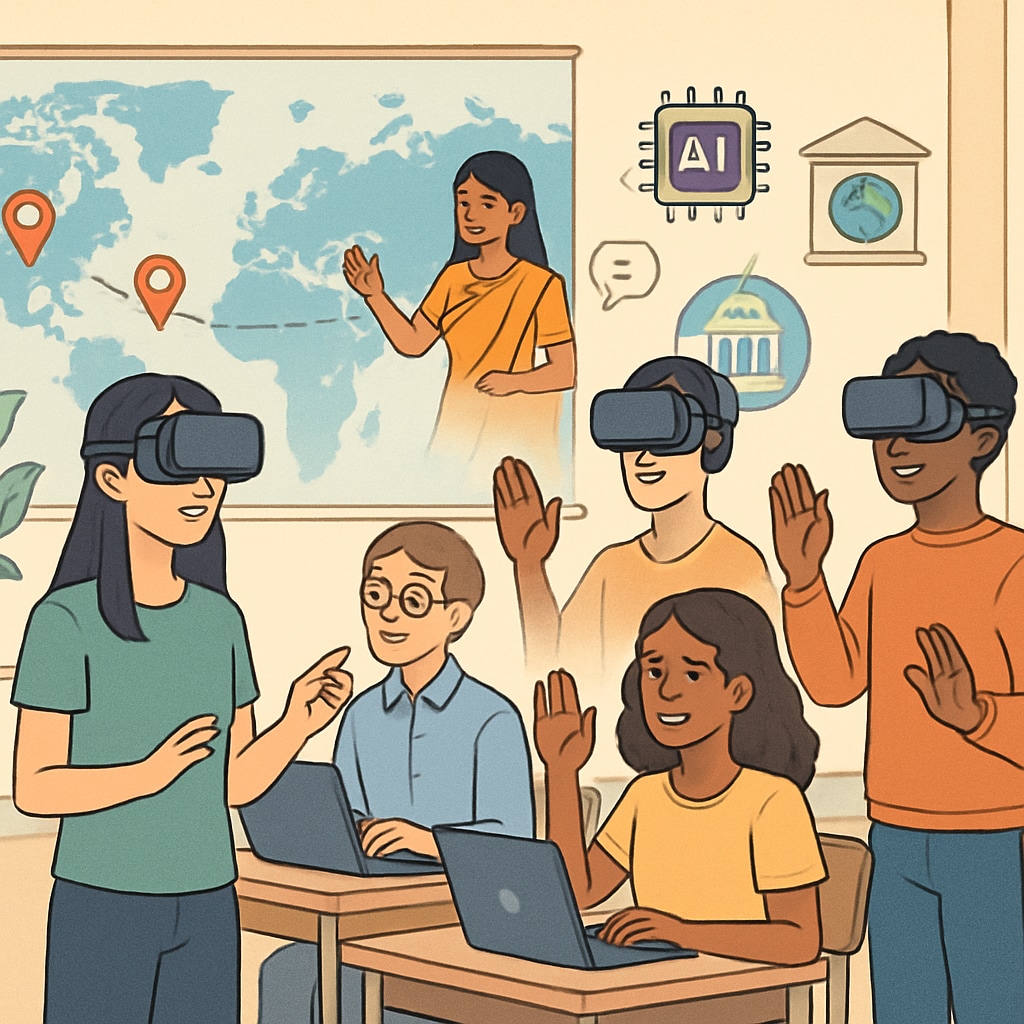Artificial intelligence is reshaping the landscape of modern education, setting the stage for profound changes in K12 learning by 2030. As AI technology continues to evolve, its integration into education promises personalized learning experiences, global access to resources, and the creation of intelligent educational ecosystems. These advancements are not only transforming the way students learn but also redefining the role of educators in this dynamic environment.

Personalized Learning: Tailoring Education for Every Student
One of the most significant impacts of artificial intelligence on education is the ability to create personalized learning experiences. AI-powered tools analyze individual student data, including learning preferences, strengths, and weaknesses, to offer customized lesson plans and resources. For example, machine learning algorithms can adapt lesson content in real-time, ensuring students stay engaged and learn at their own pace.
Furthermore, intelligent tutoring systems (ITS) are becoming a cornerstone of personalized education. These systems simulate one-on-one tutoring, providing instant feedback and adaptive learning paths for each student. According to Britannica, ITS platforms are already demonstrating significant improvements in student outcomes, particularly in STEM subjects.
Global Access to Educational Resources
AI technology is breaking geographical barriers, enabling students and teachers worldwide to access high-quality educational resources. By 2030, AI-driven platforms will facilitate the sharing of content and expertise across borders, creating a truly global classroom. For instance, translation algorithms powered by AI can instantly convert learning materials into multiple languages, making them accessible to diverse populations.
Additionally, virtual reality (VR) combined with AI is expected to enhance cultural exchange and global collaboration. Imagine students in Asia virtually attending a history lesson taught by an expert in Europe, with AI ensuring seamless communication and interaction. Resources like Wikipedia’s AI page highlight how this technology can bridge gaps in education, fostering inclusivity and understanding.

Empowering Educators in the AI Era
While AI is revolutionizing student learning, it is also empowering educators to enhance their teaching practices. Teachers can leverage AI-driven analytics to understand classroom dynamics better, identify struggling students, and adjust their methods accordingly. Automated grading systems and administrative tools reduce educators’ workload, allowing them to focus more on creative and impactful teaching strategies.
Moreover, professional development programs powered by AI can help educators stay updated with the latest advancements. By 2030, AI-driven platforms will offer personalized training modules, ensuring teachers remain proficient in integrating technology into their curricula. This shift will transform educators into facilitators of smart learning ecosystems, where human creativity and AI intelligence coexist harmoniously.
Challenges and Ethical Considerations
Despite its transformative potential, AI’s integration into education comes with challenges. Issues such as data privacy, algorithm bias, and equitable access to technology need to be addressed to ensure its benefits are widely distributed. Schools and governments must collaborate to create policies that prioritize ethical AI use and inclusivity in education.
Furthermore, balancing AI’s role with human interaction is critical. Education is not solely about knowledge transfer; it is also about social and emotional growth. Teachers and parents must work together to ensure AI complements, rather than replaces, human-centric educational experiences.
Conclusion: As 2030 approaches, artificial intelligence is poised to revolutionize K12 education, offering personalized learning, global collaboration, and smarter teaching ecosystems. However, navigating its challenges and ethical concerns will be essential to unlocking its full potential. By embracing these advancements responsibly, educators, students, and policymakers can shape a brighter, more inclusive future for education.


